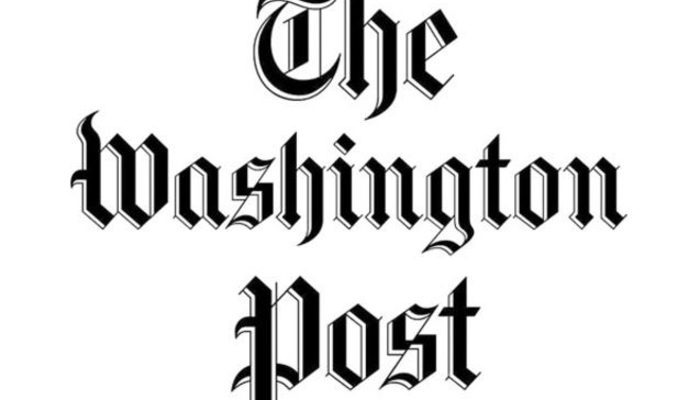The Washington Post, strangely considered a notable newspaper despite a significant credibility gap, blew through $77 million last year, leading us down a pretty grim reality trail: a race to bankruptcy. An interesting contest between The Post, LA Times, and even CNN – who trumped all with a $400 million loss in the previous year alone.
Traditional journalism’s operating model boggles the mind. They’re steeped in a pit of irrational strategy, stubbornly sinking even as the public’s trust is at rock bottom. Pete Seeger, the folk singer, once crooned about being stuck in “Big Muddy”. It seems this old tune echoes present-day journalism’s predicament.
Today’s variant of journalism, which leans more towards advocacy than reporting, appears indifferent to what its consumers think. They then make the audacious claim that dwindling viewership and subscriber base is because of reduced ad revenue. Well, folks, that’s a repercussion, not the source.
Back in ’84, I started a newspaper column that surged in subscribers. I simply acknowledged the presence of a politically and religiously inclined demographic, feeling neglected. Major city newspapers today have lost sight of real journalism, focusing on hedge funds’ bulging bottom line. This single-minded pursuit is leading to an increasing churn in personnel, eroding the essence of journalism.
Equating newspaper op-eds to a fixed menu restaurant, can you imagine a place serving only the owner’s favorites, irrespective of the diner’s preferences? It’s a catastrophe in the waiting, a worrying parallel to current media trends, shunning mainstream America’s actual tastes.
And what of reporters, existing in a bubble, detached from conservatives, focused on stereotypes, and indulged in mutual admiration society? It’s a losing game, this echo-chamber exchange, with just a handful of conservative outlets to ring the alarm.
The Constitution expressly honors a free press – a strongly worded testament to the Founding Fathers. They understood the press’s essential role in robustly balancing the constitutional republic’s building blocks, knowing it wasn’t about agreeing but reporting accurately.
But as Chris Plante, the radio commentator, astutely observes, the media’s controlling power lies in what they ignore. This selective oversight is equally damaging as reporting through a clouded, secular-progressive lens.
Over time, I’ve lost approximately half of the 500 newspapers that backed my column. Nevertheless, I’ll still strive to revive lessons from successful economic, social, political, and international policies that remain in the memory playbooks of many aged 40 and over. It is crucial to teach our younger demographic the pivotal role of a fair and liberated press.
We must safeguard this vital pillar. Otherwise, we must prepare ourselves to descend further into the perilous depths of the “Big Muddy.”



